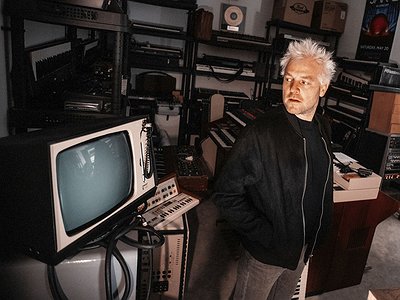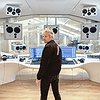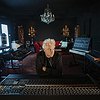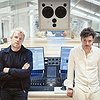Name: Simon Henner aka French 79
Nationality: French
Occupation: Producer, performer
Current release: French 79's “Burning Legend” is out via IN/EX. A full-lenght, TEENAGERS, which Simon touches upon in this interview, is forthcoming.
If you enjoyed this French 79 interview and would like to stay up to date with his music, visit his official website. He is also on Instagram, Facebook, twitter, and Soundcloud.
What was your first studio like?
The place I recorded music for the first time was my bedroom where there was a turntable, a groovebox and a soundcard. I was 17 back then.
My third album will be dedicated to adolescence; it was at this age that I really discovered those repetitive, psychedelic and synthetic sounds. I tried to put myself in the same psychic state I was in when I was a teenager, that precise moment when you feel like you've got your whole life ahead of you … It’s incredible to think of everything that has happened since.
I started in my bedroom and now, I am touring all over the world and collaborating with amazing artists such as Kid Francescoli, NTO, and now Jean-Michel Jarre!
[Read our Jean-Michel Jarre interview]
How and for what reasons has your set-up evolved over the years and what are currently some of the most important pieces of gear for you?
Things really changed for me when I got my first synth: a Microkorg. From there, I gradually fell in love with old synthesizers and then studio equipment. Now, I realize that the great classics are my favorites.
Obviously the MOOG D, the Juno 60, the Prophet V. I create 90% of my sounds with these instruments.
[Read our feature about the Juno 60]
[Read our feature about the Moog DFAM]
[Read our feature about the Moog Modular]
For my new album, I recorded the synths at Jean-Michel Jarre’s and it felt like a dream!
Those studios have witnessed uninhibited and daring creations. I felt like a kid in front of all those legendary keyboards and synths I'd always dreamt of. I laid hands on those synths, those drummers and those sequencers that marked music forever; I touched the instruments that were used to compose the films and series soundtracks I grew up with.
Some see instruments and equipment as far less important than actual creativity, others feel they go hand in hand. What's your take on that?
The equipment is very secondary to me, as it simply gives me the opportunity to have fun during the recording. Melodies and chord progressions are what I really care about.
I often compose on the piano which enables me to really focus on it; I move on to work on the sound afterwards.
Making songs is a very personal process, and it comes from within, hardware is a bonus.
A studio can be as minimal as a laptop with headphones and as expansive as a multi-room recording facility. Which studio situation do you personally prefer – and why?
I'm quite classic in the sense that I have to be in a studio in a basement, where I can't see the outside, without the Internet!
I really enjoy listening to music when I see landscapes and when I travel. It is also in those moments that I feel inspired so I go to the studio and transcribe the emotions I experienced. I like to lock myself in the studio, so I can get in the zone to go back to real emotions and experiences I’ve lived.
I try to put myself in the same psychic state I was in when I was experiencing intense life moments, those precise moments that try to put into sound.
From traditional keyboards to microtonal ones, from re-configured instruments (like drums or guitars) to customized devices, what are your preferred controllers and interfaces? What role does the tactile element play in your production process?
I am open to all the innovations and especially to the plug-ins that are really exceptional today. I'm nothing like an analog bully. But the tactile plays no role in my production, I use none in my studio.
To give you a proper idea, I composed my new track “Life is Like” using the TR 808 (for drums); the Minimoog D; the Prophet V (for synth pads); the Roland JUNO 60 (for arpeggio) and Space Echo to place effects on my voice.
[Read our feature about the TR-909]
In the light of picking your tools, how would you describe your views on topics like originality and innovation versus perfection and timelessness in music? Are you interested in “music of the future” or “continuing a tradition”?
I admit that I don't really ask myself this question.
The most important thing for me are really the sensations, the emotions that pass through a chord sequence or a melodic theme. Instruments are only there as tools that enable you to record them.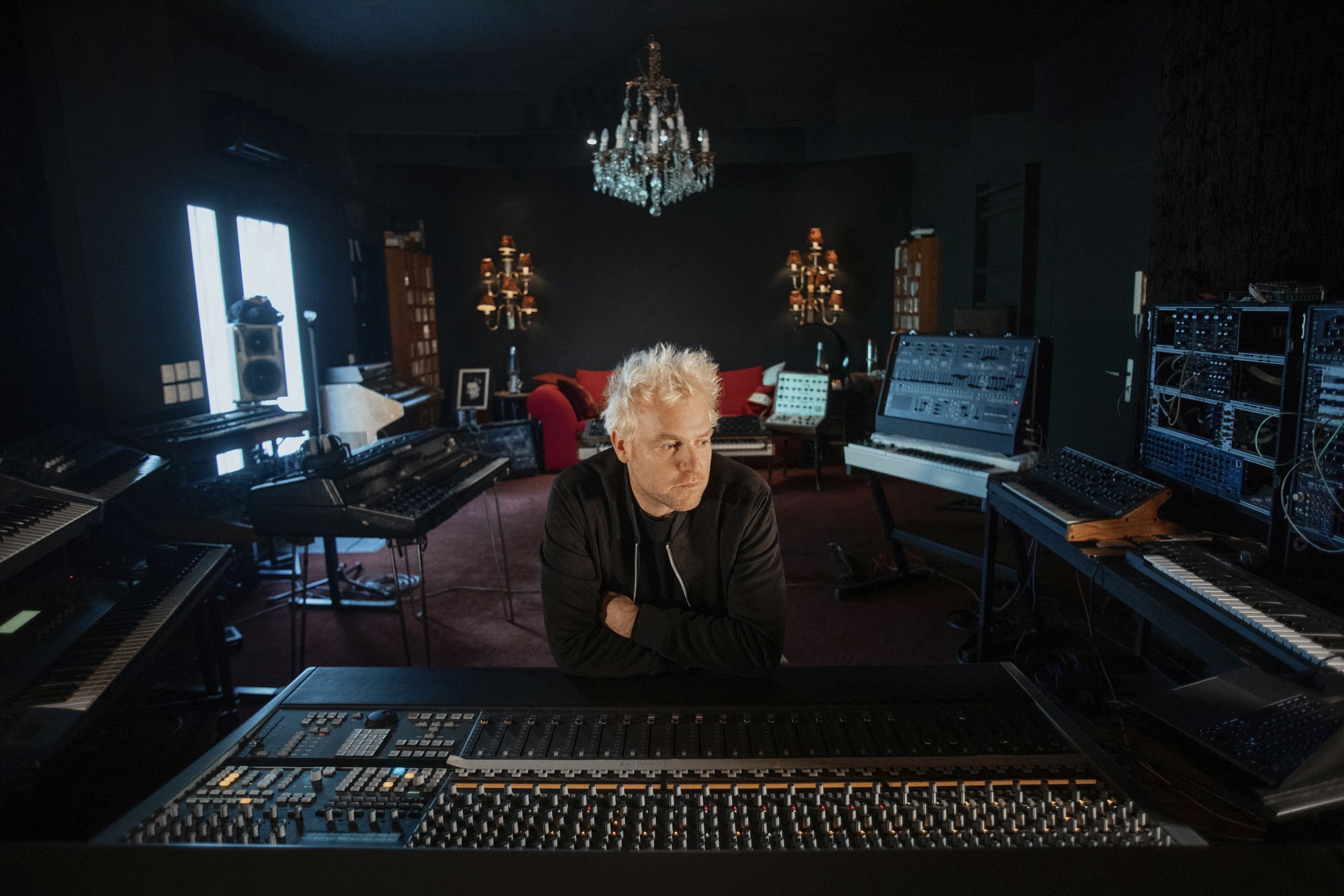
Most would regard recording tools like microphones and mixing desks as different in kind from instruments like keyboards, guitars, drums and samplers. Where do you stand on this?
I really like sound design and so recording acoustic sounds with a microphone and sampling them to make a synth. So, for me, the microphone has an important place in my studio. This is a real composition tool.
Singing helps me embody my music alone on stage. I like to show who I am and try to convey what I feel. Making songs is a very personal process, sharing and performing them keeps me from being selfish.
How would you describe the relationship between technology and creativity for your work? Using a recent piece as an example, how do you work with your production tools to achieve specific artistic results?
Innovation in the studio is very important. I often try things that were forbidden before, such as starting to work on the mastering, finding effects that will completely modify the title, putting flangers on the master … and all this before working on the mix of the title.
I did this work on a track that will be on my new album, TEENAGERS. In this track, I put my voice in the MOOG which allows me to add LFOs or Filter my voice, add resonance, etc.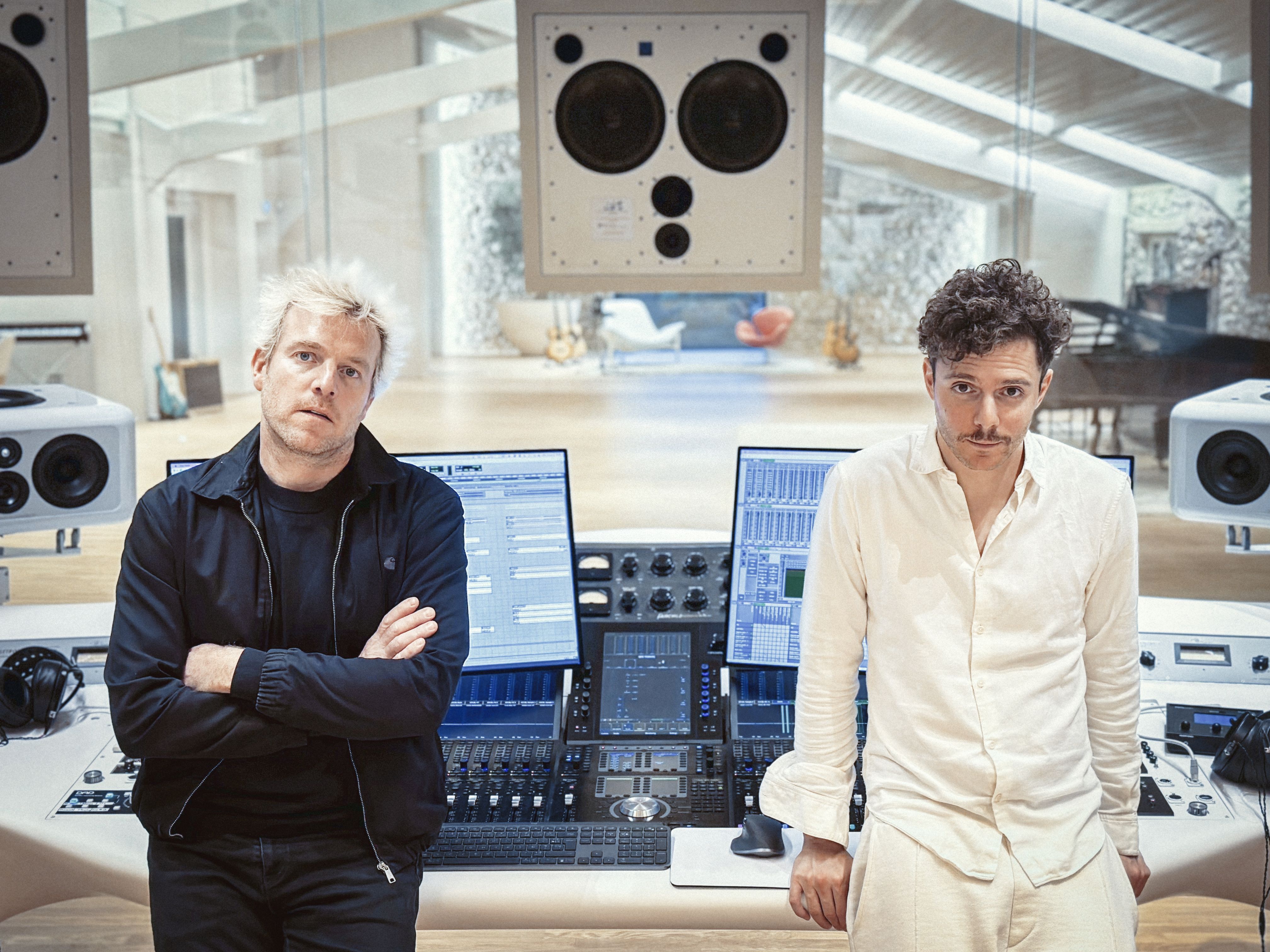
Within a digital working environment, it is possible to compile huge archives of ideas for later use. Tell me a bit about your strategies of building such an archive and how you put these ideas and sketches to use.
When I compose, I do my best to do one track a day, or at least one idea, one beat, one vocal line, sometimes just a sound I like and sometimes a whole track. In short, I try to leave the studio with a good idea that I can use for this or that project.
For 15 years, I have been gathering all my ideas for productions & chord suites - and this in many different styles, electronic music, jazz, classical music, rock, percussion … - in one file.
How do you retain an element of surprise for your own work – are there technologies which are particularly useful in this regard?
With each album, I try to keep two tracks which I create from scratch at the last minute. It often brings a little freshness and novelty to the selection, sometimes even a bit of naiveté when I strive to make a track in one day.
It's obviously not something that my label record appreciates, because it's always a bit stressful to have a release planned when two tracks are still missing! But it's a nice challenge that I allow myself every single time!
Have there been technologies which have profoundly changed or even questioned the way you make music?
My very first recordings were made without computers, on an old cassette recorder that my father had at home. I used to make beats for rappers back then. Knowing this, using the computer has actually changed my recordings. In my opinion, it remains the main revolution in recording techniques in recent years!
Speaking of revolutionary technology, I got the opportunity to mix and master my new album with award-winning record producer & sound engineer Damien Quintard in Brad Pitt’s legendary Miraval Studios. 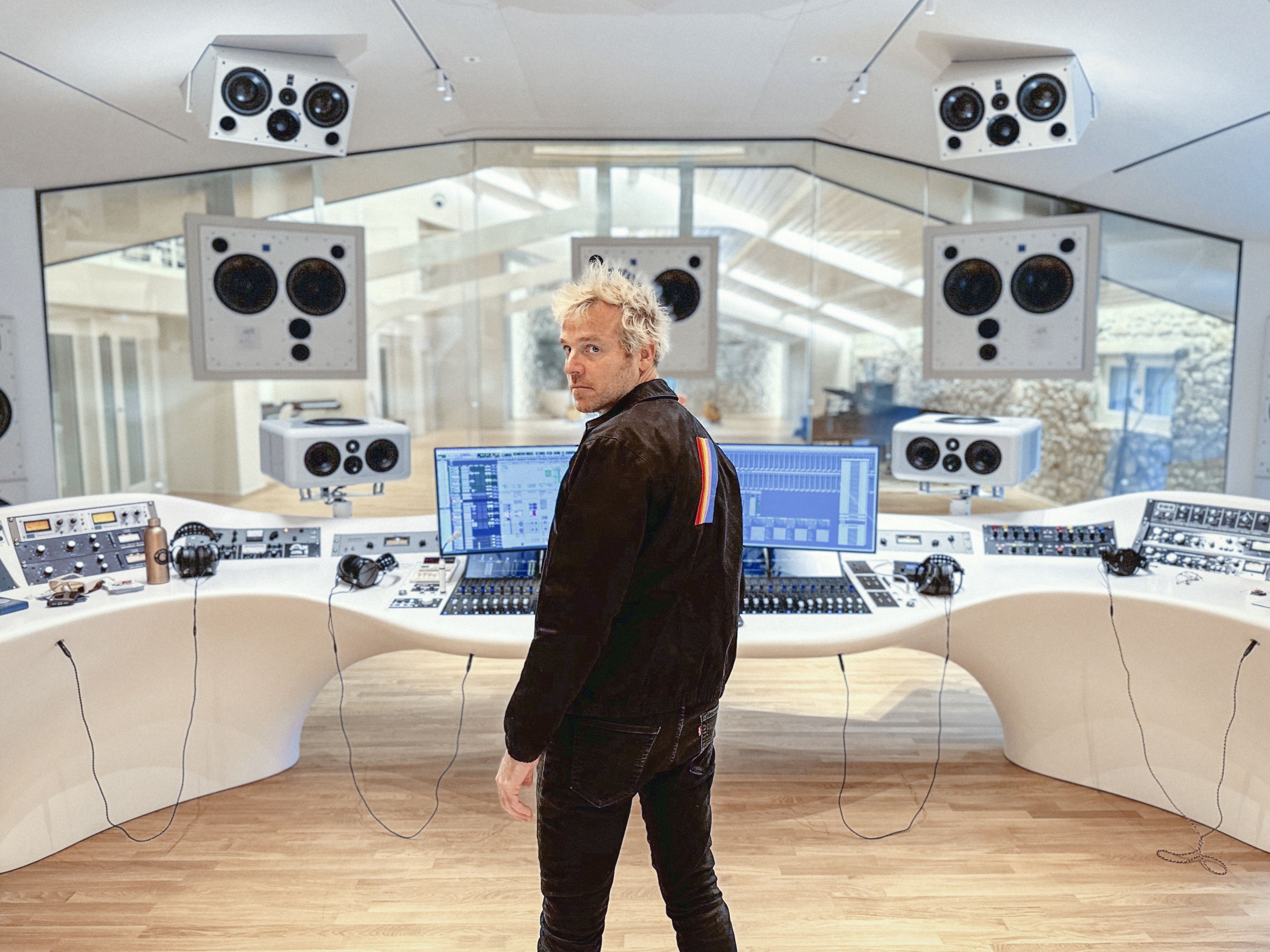
When we worked on the console and the reverb of Pink Floyd's song "The Wall", it gave me a divine sensation that I will remember for the rest of my life. I almost had some sort of mystical experience there.
That feeling of being connected to those bands in a kind of "cosmic reality" felt like a fountain of youth, just when I was finalizing the album.
To some, the advent of AI and 'intelligent' composing tools offers potential for machines to contribute to the creative process. Do you feel as though technology can develop a form of creativity itself? Is there possibly a sense of co-authorship between yourself and your tools?
It is very possible that it will be something that will be part of the music in the future and I have nothing against it.
But I don't feel concerned by that because I have too much fun composing and recording. I don't want to let someone else do this for me!
What tools/instruments do you feel could have a deeper impact on creativity but need to still be invented or developed?
I think the place where there is still a lot of room for innovation is in the distribution of music. Streaming has revolutionized the way we listen to and discover music. ATMOS is also changing what you can listen to.
Surely there must be people who think about everything that can still be invented. It is exciting!



